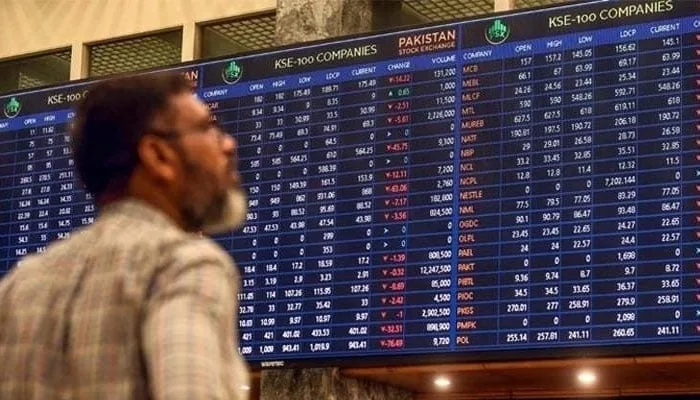
The planet faces an alarming milestone as 2024 is almost certain to be the hottest year on record, with an average global temperature exceeding 1.5°C above preindustrial levels. This development underscores the urgency for ambitious climate action to combat the escalating climate crisis.
Record-Breaking Global Temperatures
According to the EU’s Copernicus Climate Change Service (C3S), November 2024 recorded an average global temperature 1.62°C higher than preindustrial levels. For the year so far, the average temperature stands at 1.60°C, surpassing the previous record of 1.48°C set in 2023. This unprecedented rise is attributed to the continued mass burning of fossil fuels and insufficient measures to curb emissions.
Paris Agreement and the 1.5°C Limit
The Paris Climate Agreement aims to keep global warming below 1.5°C to minimize the impact of climate disasters. However, this threshold is measured over decades, not individual years. Samantha Burgess, Deputy Director of C3S, emphasized that while this single-year breach doesn’t violate the agreement, it highlights the immediate need for stronger climate initiatives.
Despite global pledges to transition from fossil fuels, carbon emissions are expected to rise further in 2024. Experts warn that emissions must decrease by 45% by 2030 to maintain the 1.5°C limit, a goal that appears increasingly elusive.
Read: Lahore Seals 50 Shops for Anti-Smog Violations
Intensifying Extreme Weather
The climate crisis has already intensified extreme weather worldwide. Heatwaves of unprecedented frequency and severity, more violent storms, and devastating floods have become routine. In 2024, severe wildfires ravaged North and South America, with the Amazon forest and Pantanal wetlands in South America particularly affected.
Mark Parrington, a senior scientist at the Copernicus Atmosphere Monitoring Service (CAMS), noted that 2024 saw historic fire scales, particularly in Bolivia and the Pantanal. These fires, fueled by droughts, caused widespread air pollution across continents.
Rising Economic Costs
Extreme weather’s economic toll is growing. Research from Swiss Re’s institute revealed that 2024’s estimated economic losses rose by 6% to $320 billion, 25% higher than the average over the past decade. Hurricanes, severe storms, and floods significantly contributed to these losses, particularly in the United States, Europe, and the UAE.
However, less than half of these damages were insured, as vulnerable populations in poorer regions struggled to afford premiums. Swiss Re highlighted the cost-effectiveness of proactive adaptation measures, such as flood defenses, which can be up to ten times cheaper than post-disaster rebuilding.
A Call for Immediate Action
As the climate crisis deepens, the world faces a pivotal moment. Urgent and unified efforts to reduce emissions, invest in sustainable infrastructure. Implementing adaptation measures are critical to preventing further catastrophic impacts. The events of 2024 serve as a stark reminder that the time for action is now.
Follow Day News on Google News, Instagram, YouTube, Facebook, Whats App, and TikTok for latest updates












